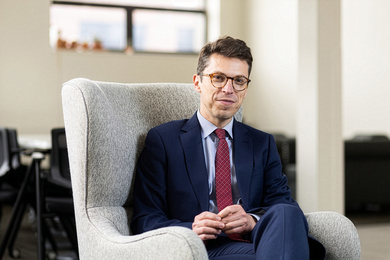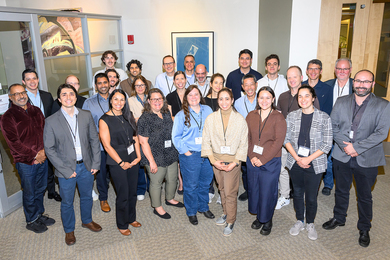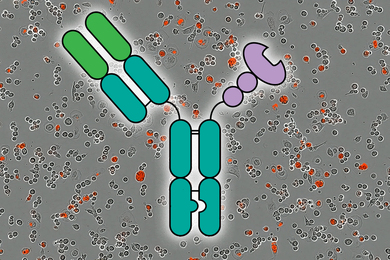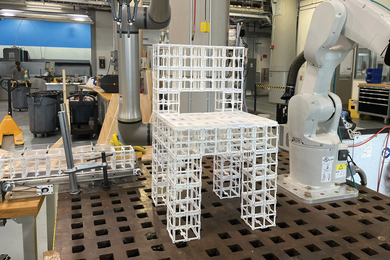Many people in Mozambique still lack access to clean water and basic sanitation, but a group of MIT students is working hard to change all that.
Department of Urban Studies and Planning Assistant Professor Jennifer Davis and a team of 10 MIT planning and engineering graduate students are going to Mozambique this summer to try to assess what communities there need most. Working with a Mozambican nonprofit called Estamos-Organizacao Comunitaria and with the international nongovernmental organization WaterAid, the group hopes to help low-income communities plan improvements.
The idea is to find solutions that work within the culture, Davis said. "We have to think about options outside our comfort zone," she said. "Of course everyone aspires to having a water supply and sewer connection in the home, but for many households in Maputo [the capital of Mozambique] this won't happen in the foreseeable future. Our challenge is to identify other types of service that will still represent a vast improvement for households that rely on crowded public taps, or that have no sanitation option other than open defecation."
The team is embracing this challenge through a series of participatory assessment and planning exercises that Davis' students designed during her full-credit project course this semester.
One exercise developed in class could be used to assess the community understanding of the links between water, sanitation, hygiene and health by inviting community members--many of whom cannot read--to draw pictures about recent illnesses. A facilitator would ask what people believe caused the illnesses and, through the drawings, assess whether community members understand the link between hand washing and health, for example.
This sort of exercise will have a double effect, educating both the community--about sanitation--and the MIT students and their partners--about community beliefs and perceptions, which will be important to future discussions.
Students have taken intensive Portuguese in order to reduce the language barrier during their four-week trip to Mozambique this summer to gather information. Students will assess water supply, sanitation and hand washing facilities. They will also test water quality of both household taps and community water sources.
Davis said that the students' dedication and hard work has far exceeded her expectations. "They are just amazing," she said. "Every one of them has been working incredibly hard to make this project a success." In fact, Davis has been so impressed by the students' dedication that she decided to run a half-marathon in California in late April in order to raise money for the project, which is still several thousand dollars short of its projected costs.
Davis hopes that this year's efforts are only the beginning. "One month of fieldwork really is too little when we are trying to do so much," she explained. She hopes that the work will continue and that MIT and Estamos/WaterAid will be able to form a long-term partnership. "We would like to follow up and build on what we learn this year," she said.
A version of this article appeared in MIT Tech Talk on May 18, 2005 (download PDF).





